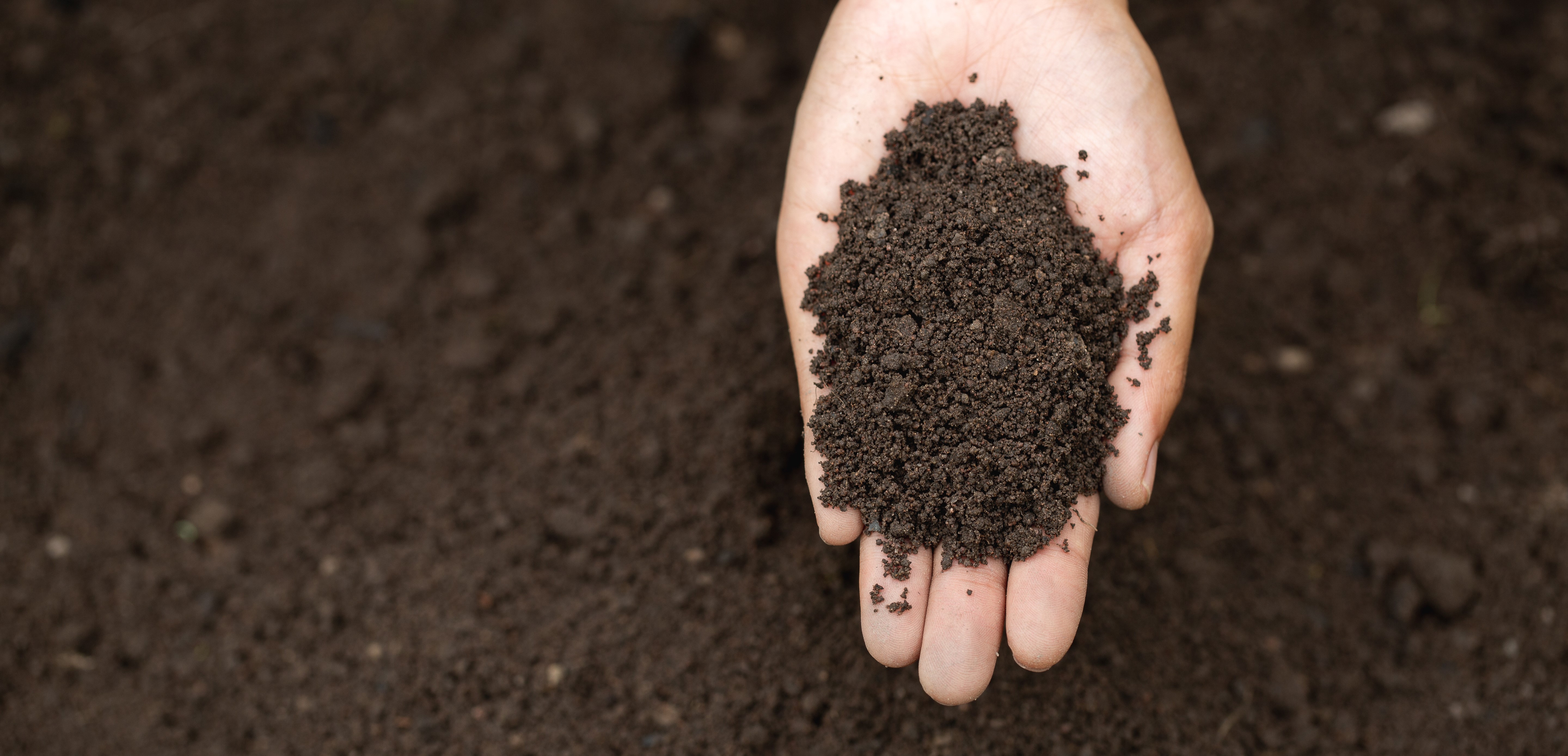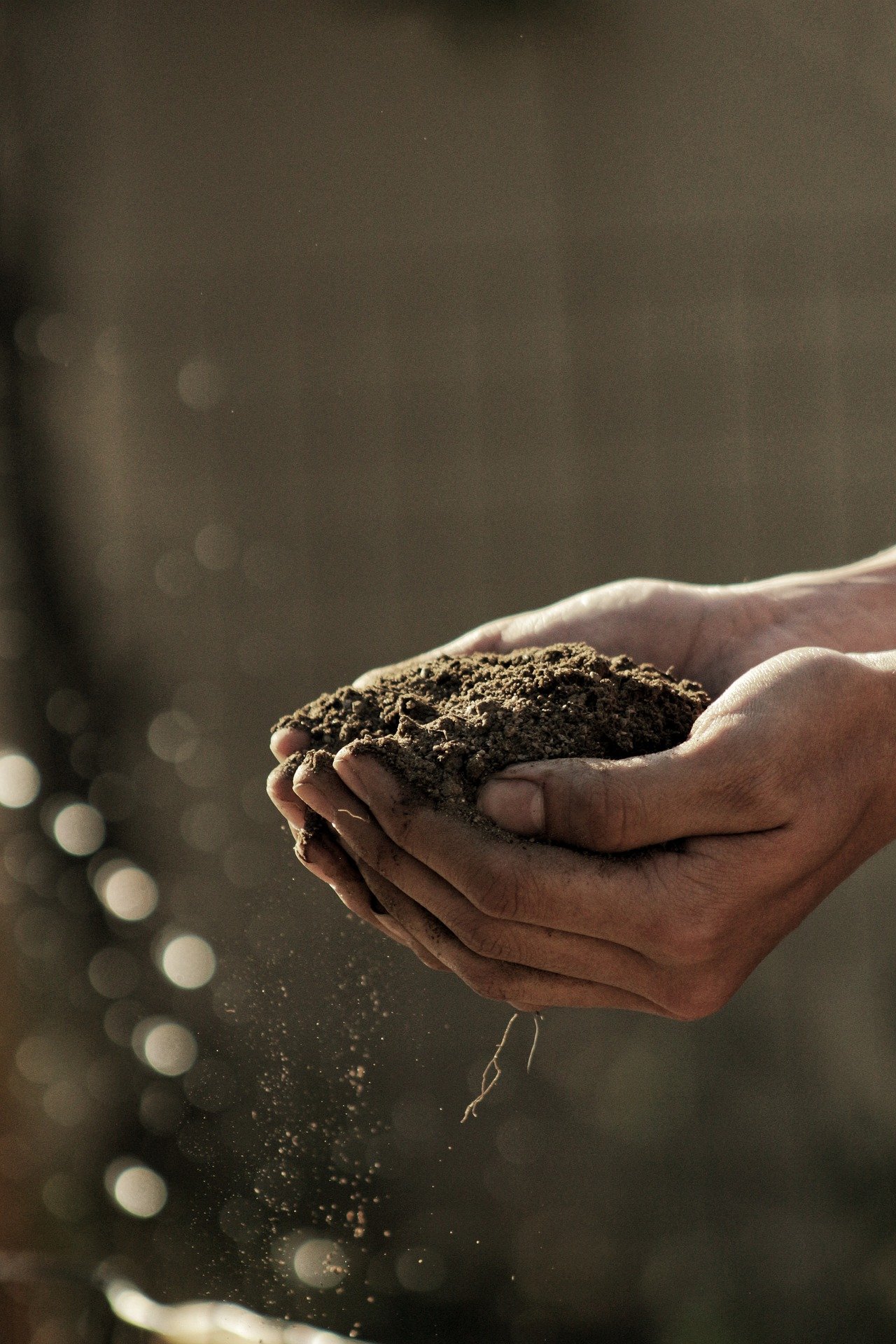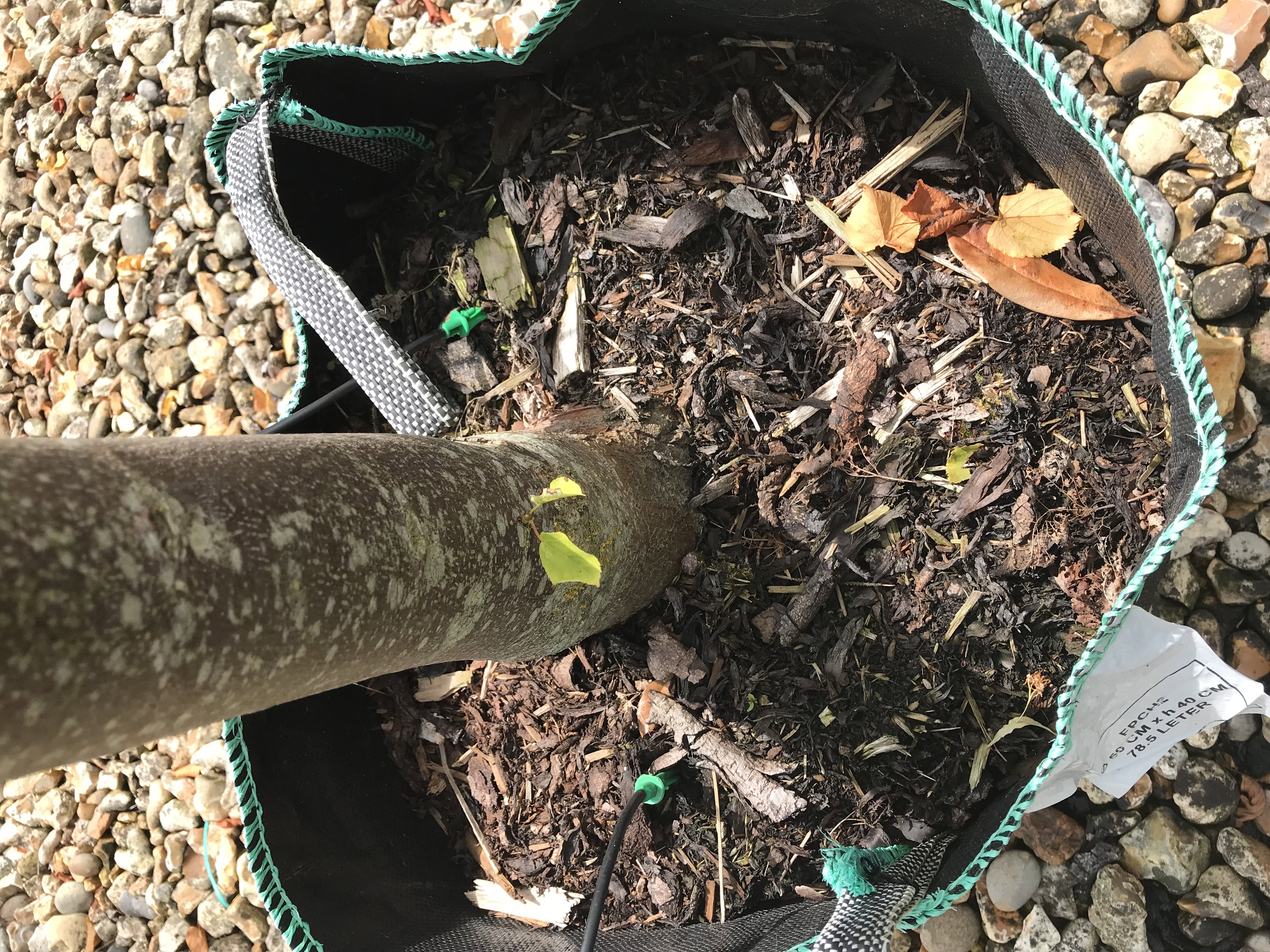Supporting a peat-free transition in UK horticulture Policy Paper – September 2025
Click below to view the peat transition paper.

The use of peat in horticulture is a complex issue and one that has significant consequences for the present and future outlook of the industry. Peat has been used by the industry for decades it has unique nutritional and moisture retention qualities for use as a growing media for flora of all kinds. Some plant types and species require peat and others will not perform well without the substance.
The industry recognises the carbon absorption qualities of peatlands and as such has undertaken to transition to a peat-free future. Led by the HTA, the industry is now at an historic low of peat-use. However, to be able to fully achieve this aspiration, R&D trials must be carried out on the 1000’s of plant types and species to ensure peat-free mixes will produce flora at the quality and quantity required to meet market demands and environmental targets. Having enough time to develop these new growing media is essential to the health of the industry and everything that it contributes to.
Defra had initially indicated a 2030 peat ban date for professional growers, but has since changed the intended date to 2026 – this is deeply damaging to the prospects of horticulture businesses across the UK. Many indicate they will need to downsize, will be limited in what they can grow or even close their business. Moreover, a ban on imports from countries still using peat will see a significant market contraction, a rise in costs and empty shelves in garden centres.
We urge key-decision makers across the UK to understand the genuine timeframes required and support horticulture businesses with R&D funding to fully transition away from using peat.

1. To deliver on a 2030 professional ban by:
2. To ensure the transition away from peat keeps Britain’s horticulture and gardening industry globally competitive and on a level playing field with other horticultural markets and reflects the reality of our sector as one with significant global trading relationships in plants and plant products.
3. To provide increased R&D grant funding to conduct trials, access alternatives, and develop new peat-free supply chains.

The Peat Bill passed its first reading in the Commons and will have its second reading on the 24th Jan where the bill's purpose and key areas will be debated. The HTA have been engaging with Sarah Dyke MP and her office on this complex issue and will continue to do so.
The Horticultural Peat (Prohibition of Sale) seeks to “provide for the prohibition of the sale in England of horticultural peat by the end of 2025; to provide for certain exemptions from that prohibition; and for connected purposes.”
A bill will go through five steps in each House of Parliament – first reading, second reading, committee stage, report stage and third reading – before the two Houses resolve any differences and the bill receives royal assent to become an act, and law. Given the parliamentary time given to Ten Minute Rule Bills, this process will take a long time and only a small number of bills of this type make it onto the statute books.
